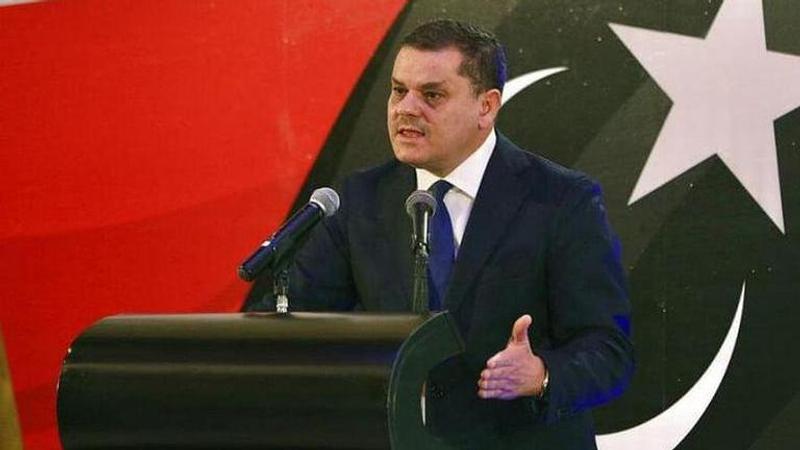Published 14:26 IST, January 24th 2022
Libya PM Dbeibah bats for rejection of armed conflict; says only unity can bring stability
Libya's PM stressed the commitment of the Government of National Unity to achieve stability, defend the civilian nature of the country, and reject war

Advertisement
The Prime Minister of Libya Abdul Hamid Dbeibah on Sunday has emphasised his opposition to any armed conflict in the nation. According to a statement released by the government's information office, "The prime minister stressed the commitment of the Government of National Unity to achieve stability, defend the civilian nature of the country, and reject war," Xinhua reported. PM Dbeibah made his statements during a graduation ceremony for army soldiers in the capital city, Tripoli.
The statement went on to say that the PM has also displayed pride in the military and reaffirmed that they will remain the nation's guardians. These comments came ahead of the presidential elections. In addition to this, the interim Prime Minister Dbeibah came into power in February 2021, when the UN-sponsored Libyan Political Dialogue Forum (LPDF) chose Dbeibah's administration, bringing an end to years of political turmoil in Libya.
Libya needs 'a constitution that protects the country and its citizens': Dbeibah
Furthermore, on Sunday, Dbeibah stated that the nation needs a constitution before the postponed parliamentary and presidential polls can actually occur, as per the Daily Sabah. During a conference in Tripoli which titled "The Constitution First", the country's interim Prime Minister said, “Now more than ever we need a constitution that protects the country and its citizens, and that governs the elections."
Abdul Hamid Dbeibah went on to say that Libyans want for free as well as open elections that respect their choice, not a new transitional government that prolongs the situation. The current difficulty of the nation is the lack of a fundamental foundation or constitution, he remarked. It is worth noting that High-profile leaders from Libya's west attended the conference, which included Khalid al-Mishri, the chief of the High Council of State, a Tripoli-based institution that is akin to Libya's senate and competes with the House of Representatives in Tobruk in the east.
Certain parties have exacerbated the problem by enacting "tailor-made" legislation that favour certain politicians over others, according to Dbeibah, pointing to House of Representatives speaker Aguila Saleh's September decision to adopt a disputed electoral law.
Libya descended into years of hardship following the ouster and assassination of tyrant Moammar Gadhafi, who had abrogated the country's constitution in 1969, in a NATO-backed rebellion in 2011.
(Image: AP)
Updated 14:26 IST, January 24th 2022




